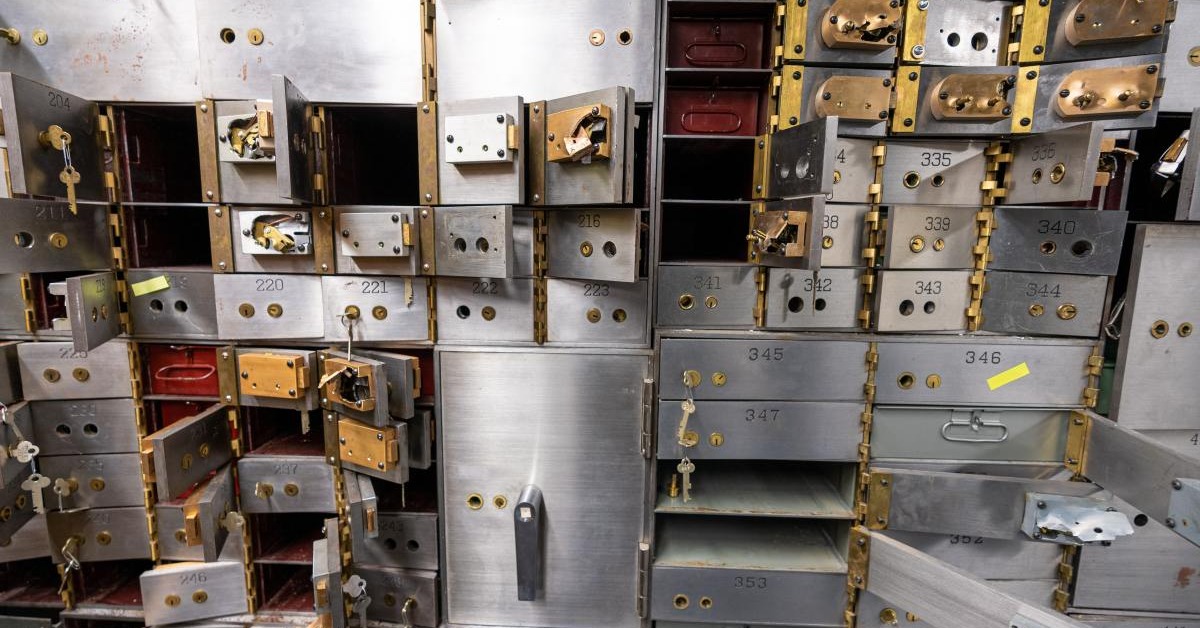
How to Become a Health Services Manager,and How Much $$$ You'll Earn Doing It.
On average, health services managers earn over $100,00 per year. [...]

Fears of an impending global recession have been stoked by the likes of continuously lowering interest rates (thanks to the Federal Reserve) and an ongoing trade war (thanks to…Twitter?). While some analysts predict the prospect of an economic downturn is overblown, rumors of another recession may be enough to send more students on the path towards obtaining undergraduate or graduate degrees.
Let’s break down the likelihood of another recession, and the best degrees to consider should the job market take a turn for the worse.
One thing to point out—the prospect of another recession is still very much uncertain. How’d we get here?
Since the 2008 Great Recession ended, over 20 million jobs have been created, and in April, the unemployment rate in the United States was just 3.6%—the lowest it’s been in half a century.
But, despite the growth of the American job market, the trade conflict between the U.S. and China, among other factors, has sent federal interest rates, stock prices, and commodity prices falling at rapid speed. Export manufacturers have reported their lowest growth rates since 2009, and the government’s long-term outlook on inflation is also looking grim.
Essentially, it’s still too soon to tell whether or not we’re headed into a recession. As geopolitical trade disputes continue to play out, the economy hangs in the balance.
A postsecondary degree can help protect against unemployment during times of economic downturn, according to a study by the Brookings Institute. Also, enrolling in a graduate program at the onset of a recession means you can wait a few years before worrying about finding a job—and, as mentioned, be a stronger candidate when you complete your degree, just as the market (hopefully) starts to rebound.
The U.S. Census Bureau reports that during the Great Recession period between 2006 and 2011, enrollment in two-year golleges grew a whopping 33 percent, by 3 million students.
Additionally, a report from the Council of Graduate Schools co-published with the Graduate Record Examinations Board indicates that 2014 graduate school enrollment increased 3.5% from the year before, the largest annual increase since its peak in 2009.
Recessions have also historically prompted the government to distribute more financial aid. Pell Grant expansions initiated during the Great Recession resulted in a quarter of a million students completing a college degree, resulting in $20 billion more in aggregate earnings nationwide, the Council of Economic Advisers reported.
The chances of a recession hitting are still hard to pin down, but if you’re considering graduate school and/or a career change, the below career fields—which are predicted to grow between 19 to 37 percent through 2026—are an excellent place to start. Nothing in life (especially the economy) is guaranteed, and just because the Bureau of Labor Statistics predicts these job markets will grow doesn’t mean it’ll actually happen. But, the below list, if nothing else, should help guide you toward a degree that has at least a moderately decent chance of providing ample job opportunities when you graduate.
Also, the majority of masters degrees associated with these occupations can be earned via online programs—meaning you can still maintain your full-time employment status while pursuing your graduate degree (thus, avoiding the need to sacrifice your income).
(Last Updated on February 26, 2024)
Questions or feedback? Email editor@noodle.com

On average, health services managers earn over $100,00 per year. [...]

Job prospects are sparse during any recession. Graduate school offers [...]

You can teach without a master's degree. Still, more than [...]
Categorized as: Career Resources, General